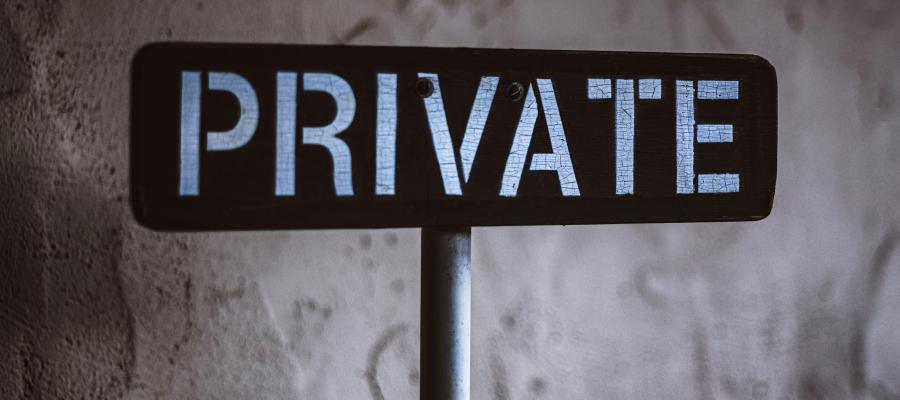Private Lives
Jun 29, 2025Cultural attitudes towards privacy seem to be in conflict. On the one hand, we are concerned about corporations getting their hands on or selling our personal data.

What does it mean to have a private life these days? Between companies stealing our data on the one hand, and (some of) us posting every detail of our lives to social media on the other, it can easily seem as though privacy is dead. But is it? And should it be?
It’s true that people who post are giving up their information freely; it’s also true that not everyone is on social media in the first place. But even if you're not sharing anything at all online, you are probably still being surveilled.
One minute you’re asking a friend about their shoes; the next minute, as if by magic, your feed is full of ads for Nikes. Meanwhile, companies you shop with are busy selling your phone number and email address to advertisers, not to mention getting hacked (how many times have you received that dreaded letter telling you your banking information has been compromised?).
You might think that this kind of ultra-sensitive information—banking details, medical history, DNA—is the only thing to worry about; it doesn’t matter who knows what you ate for breakfast, what your kids look like, or what you do for fun. But suppose one of your hobbies is being on a libertarian debate team, or you sing in the gay men’s chorus. What if your boss takes exception and decides to fire you?
One obvious solution would be simply to stop revealing anything at all about one’s personal life, whether in person or online. That approach would be pretty effective… but is it the world we want to live in? Hiding things about ourselves forces us to lead a double life. It can be a sign of shame. And it means the people around us don’t get to know who we really are.
For the sake of genuine friendship, we want to know what makes the other person tick. For fully ethical interaction, Simone Weil says we need to know the other person “just as they are, in all their truth.”
Then again, maybe Weil is once again going a little too far. (Do we really need to know everything about every single person we happen to encounter? How would we do that? How would we know?) And even among friends there is such a thing as “TMI.” Nietzsche puts it really well: “Once and for all, there is a great deal I do not want to know. Wisdom sets bounds even to knowledge.”
So: exactly how much privacy should we want? Can knowledge between people who care about each other ever be a bad thing? Our guest will have more to say—it’s Lowry Pressly, author of The Right to Oblivion: Privacy and the Good Life.
Photo by Tim Mossholder on Unsplash
Comments (1)
liamwonka
Thursday, June 26, 2025 -- 8:05 PM
If privacy is a prerequisiteIf privacy is a prerequisite for freedom and authenticity, how do we reconcile that with the growing demand for transparency in both public and personal life? Slope Game